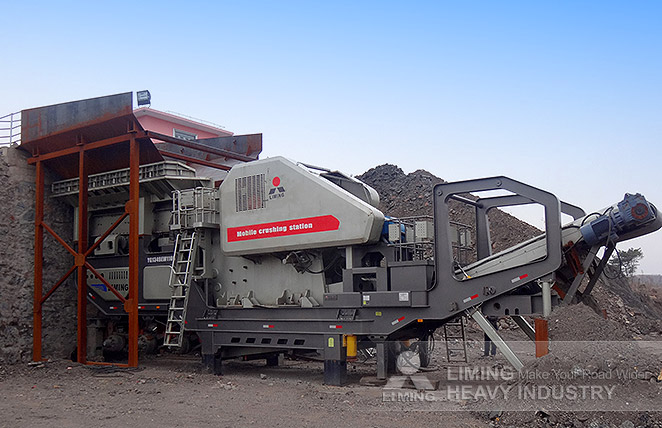Overview of Basalt Portable Jaw Crushers
Basalt portable jaw crushers are essential equipment in the construction and mining industries, known for their efficiency in crushing hard materials like basalt. These crushers are designed to be easily transportable, allowing for flexible operation at various job sites. They offer several advantages, including reduced transportation costs, ease of setup, and the ability to produce high-quality aggregate materials for concrete and asphalt applications. As demand for durable construction materials continues to rise, portable jaw crushers have become a go-to solution for many companies.

Key Features and Benefits
One of the primary benefits of a basalt portable jaw crusher is its robust construction, which ensures durability and longevity. These machines are equipped with advanced technology to enhance crushing efficiency, featuring powerful motors and innovative design elements. Many models come with adjustable discharge openings, allowing operators to customize the size of the output material according to specific project requirements. Additionally, portable jaw crushers often include integrated screening capabilities, which enable the separation of finer particles during the crushing process, enhancing productivity.
Applications in Various Industries
Basalt portable jaw crushers are versatile and find applications in numerous industries, including construction, mining, and recycling. In construction, they are commonly used to produce high-quality aggregates for concrete and asphalt mixes. In the mining sector, these crushers play a critical role in extracting and processing basalt and other hard rocks. Furthermore, they are increasingly utilized in recycling operations to crush waste materials, reducing the environmental impact of construction projects and promoting sustainable practices.
Market Trends and Demand
The demand for basalt portable jaw crushers has been steadily increasing due to several factors. Growing infrastructure projects worldwide, driven by urbanization and population growth, have led to a higher need for aggregate materials. Additionally, the shift towards sustainable construction practices has fueled interest in equipment that allows for efficient material recycling. Manufacturers are responding to this demand by developing innovative models that incorporate advanced technology and improved energy efficiency, catering to the evolving needs of the market.
